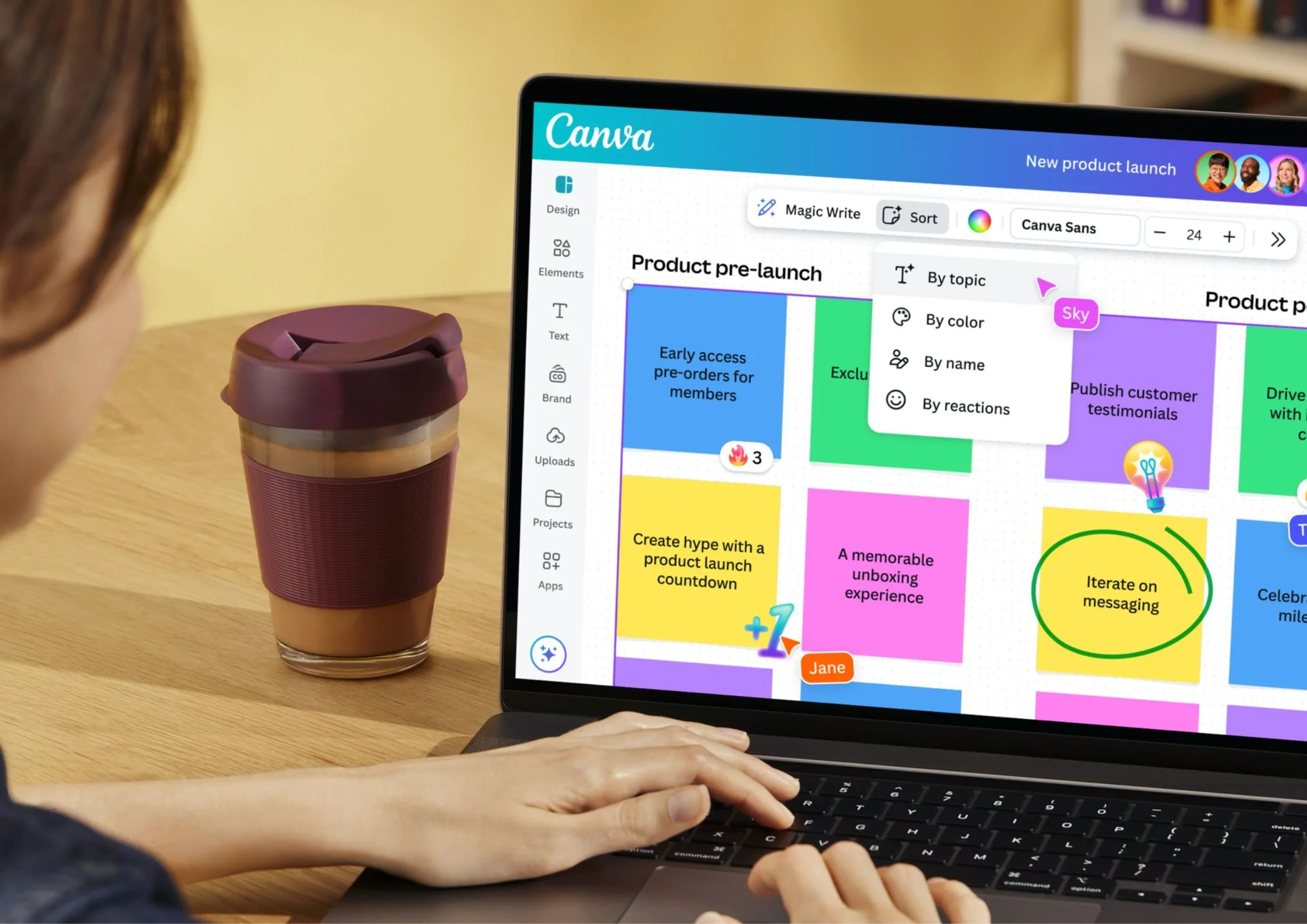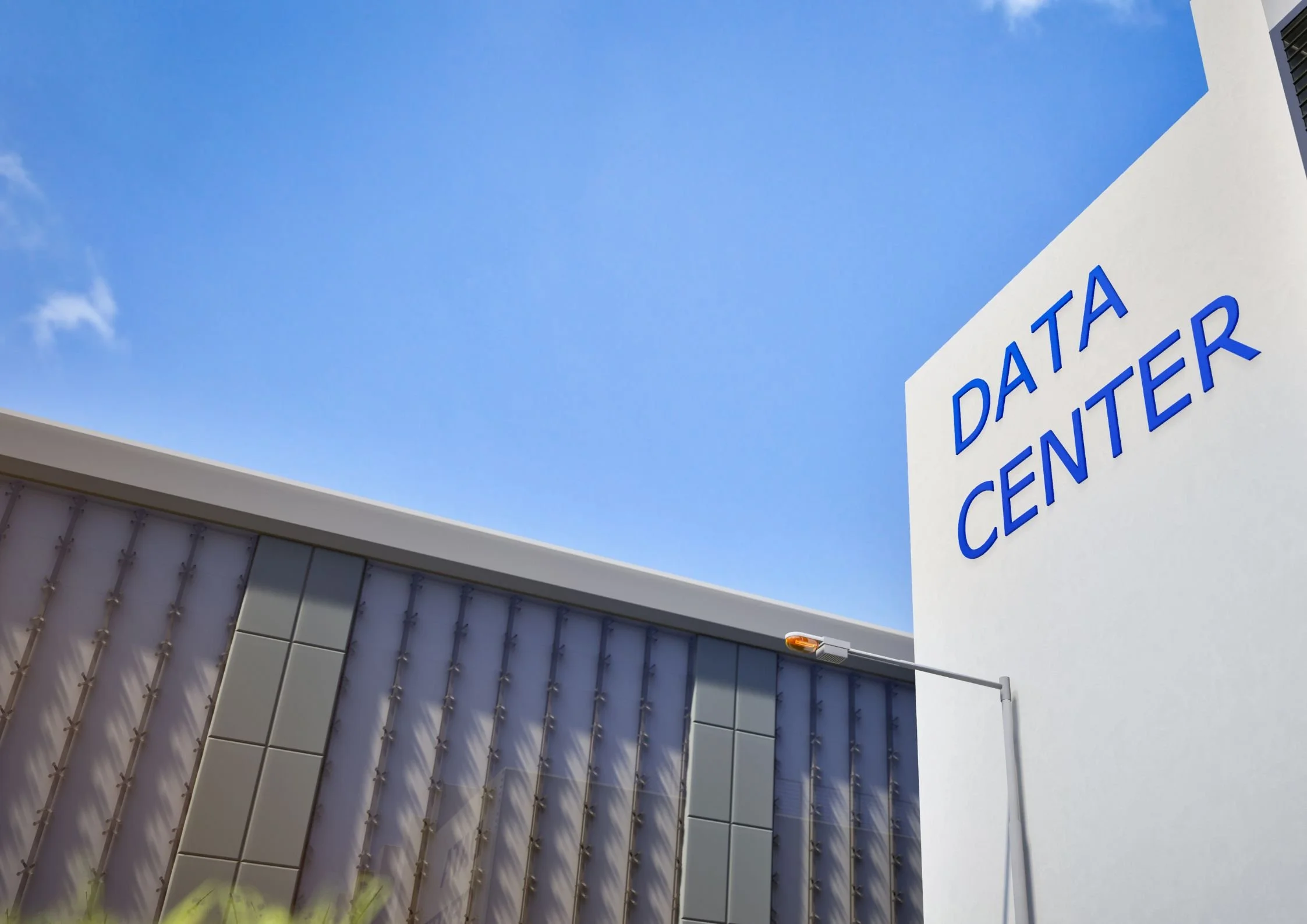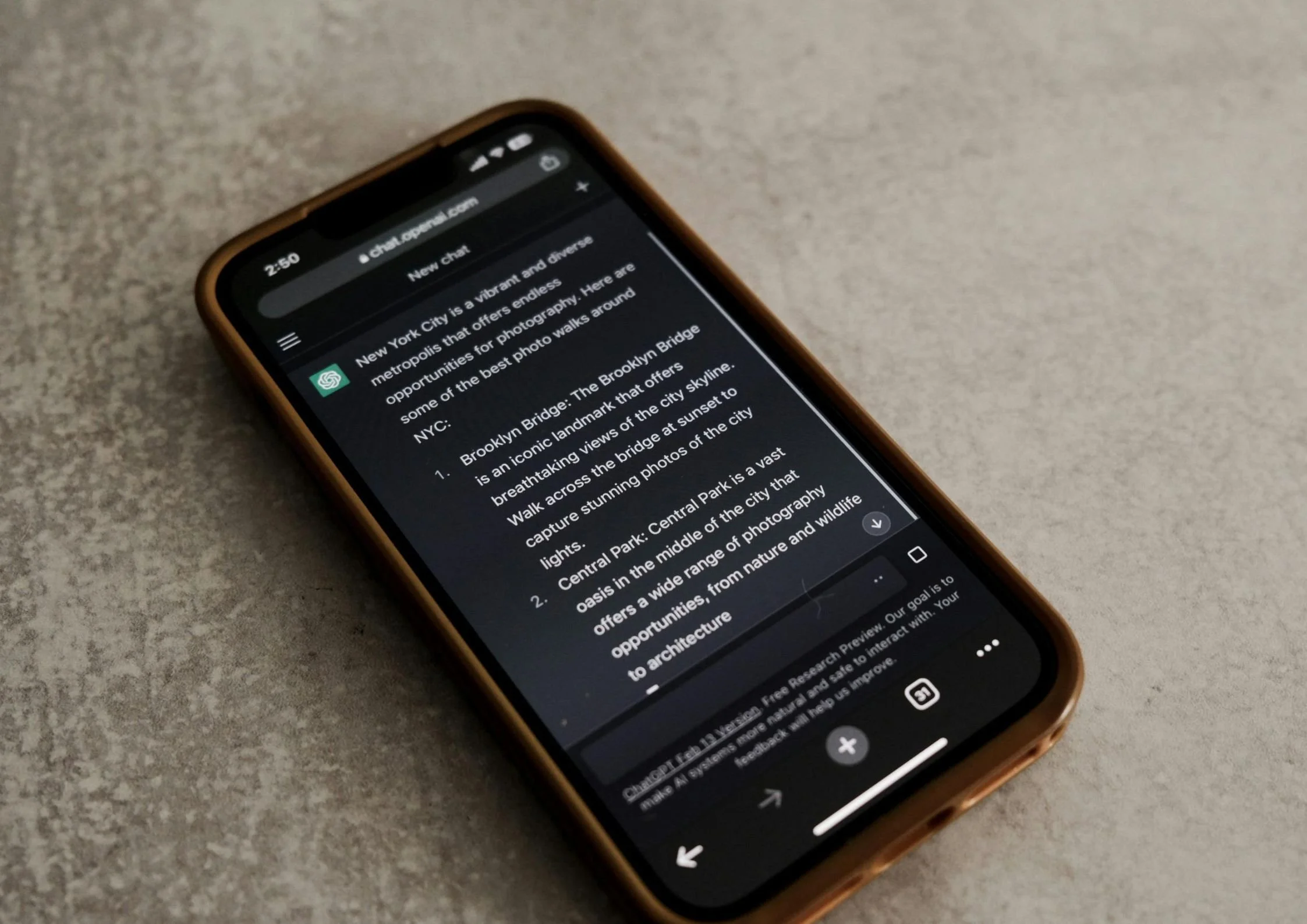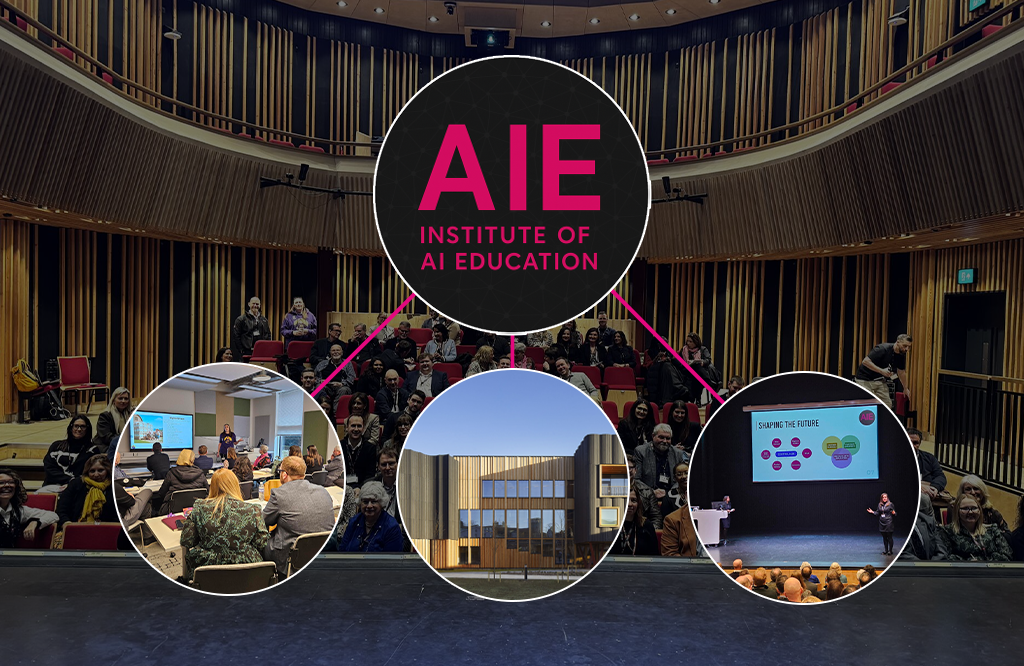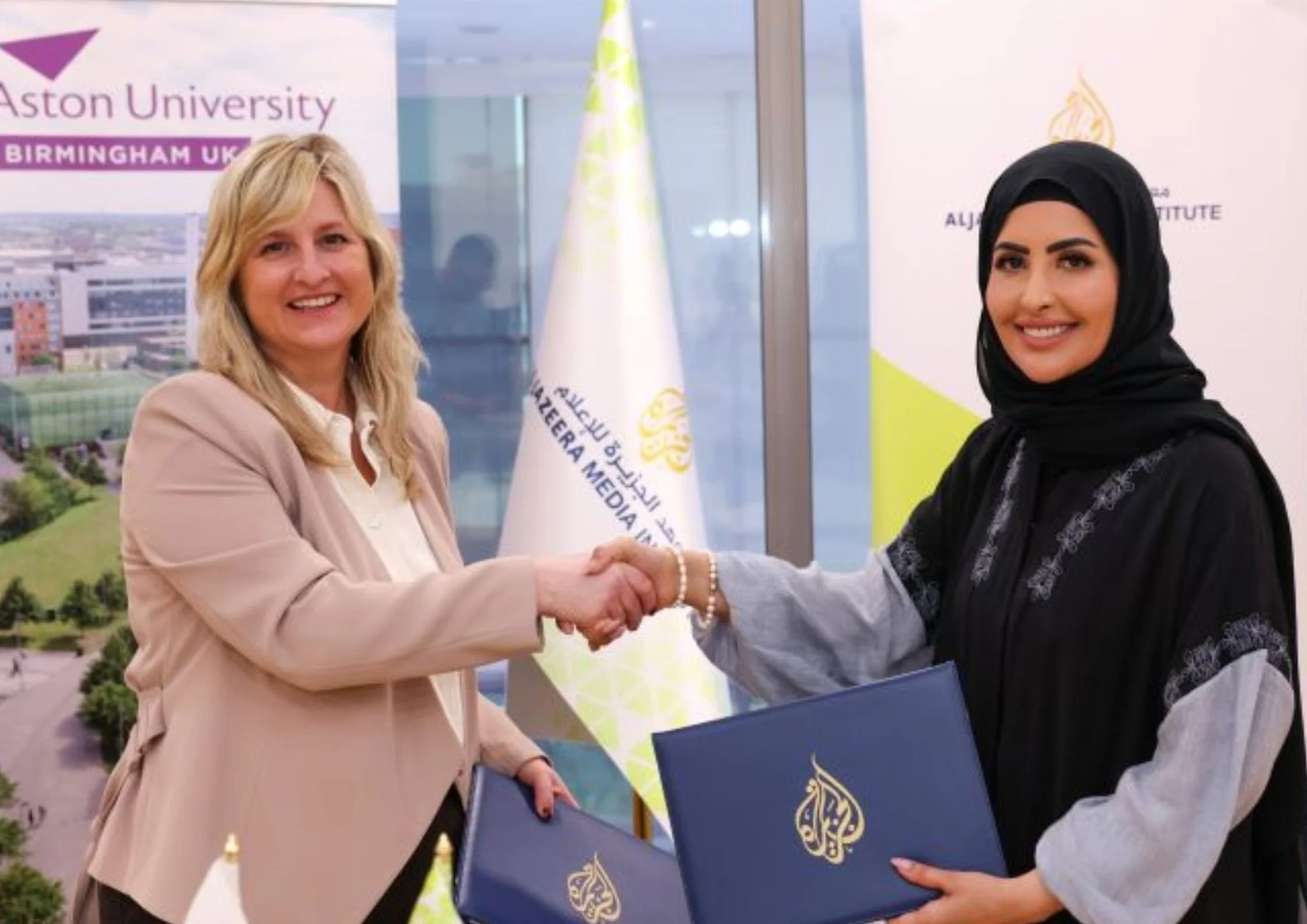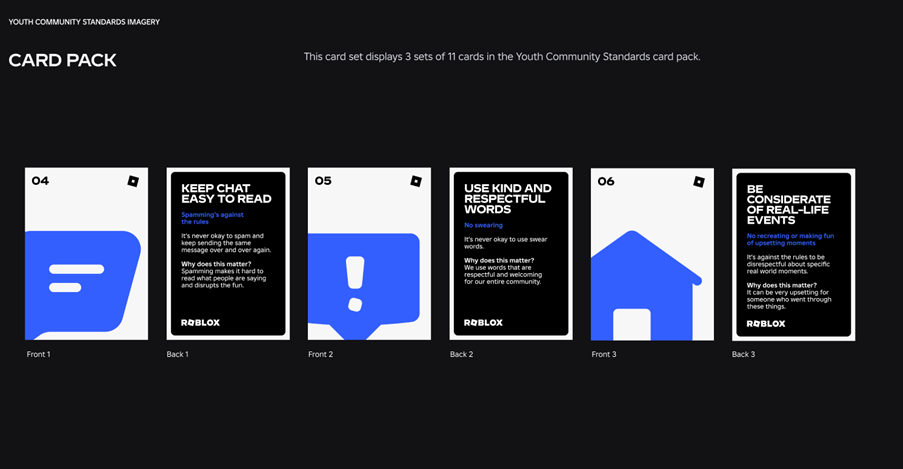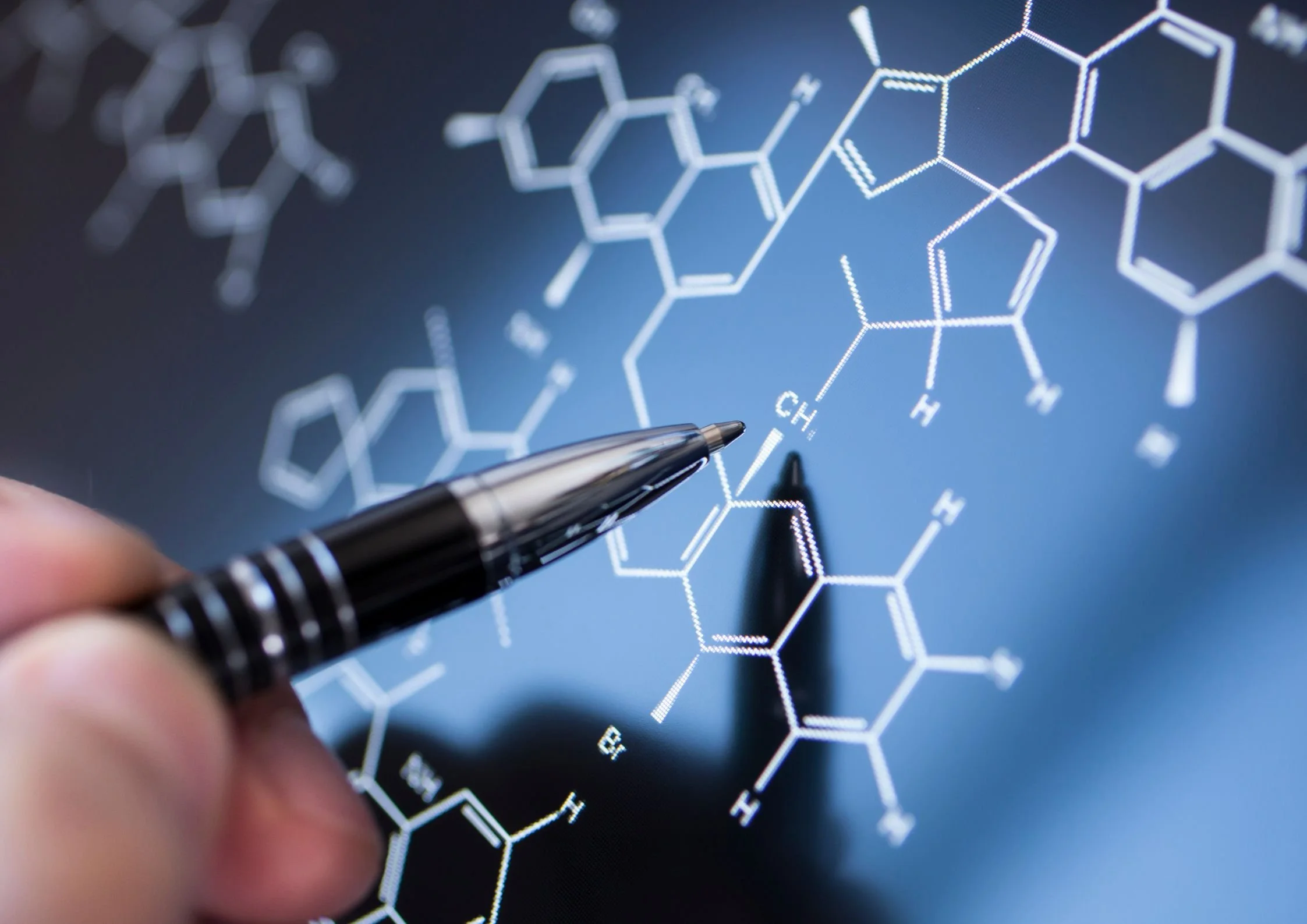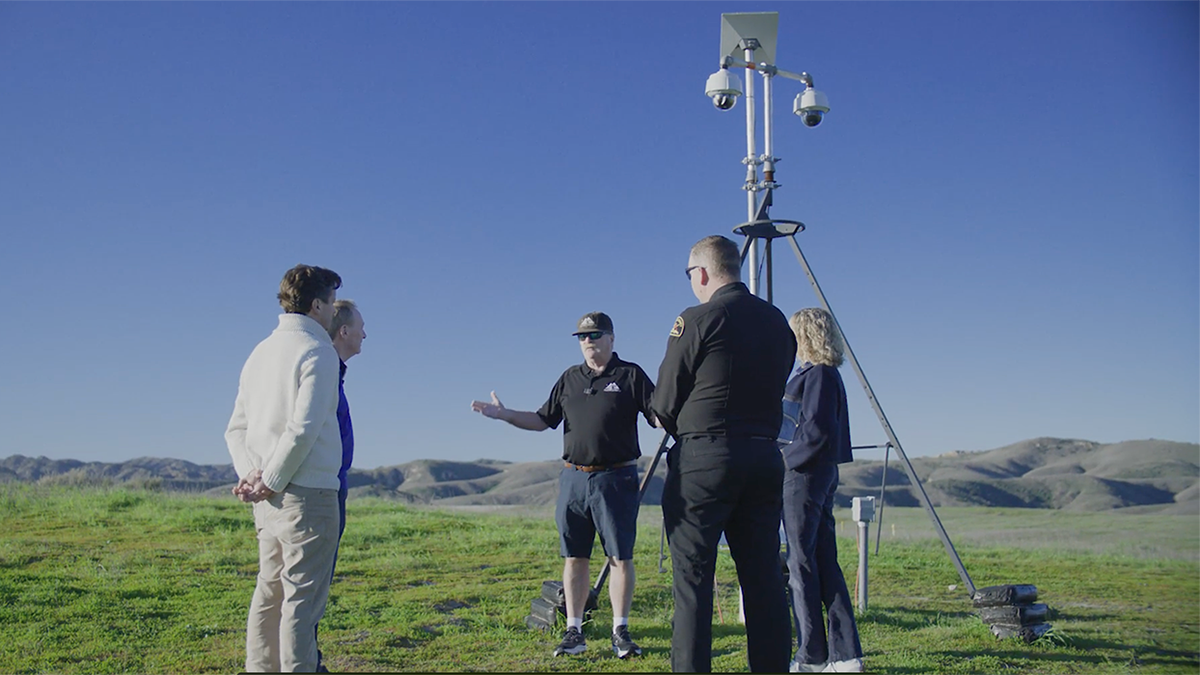Students at Davidson College build solar-powered boat in Yamaha Rightwaters-backed project
Physics undergraduates convert gas-powered pontoon into zero-emissions vessel using electric drive and solar charging system.
Yamaha Rightwaters has partnered with Davidson College, a private liberal arts institution based in North Carolina, to sponsor a student-led marine project focused on sustainable vessel design.
The initiative involved repowering a gas-powered pontoon with an electric outboard motor and solar charging system. The result is a fully solar-powered boat with no operational emissions, aligning with Yamaha Rightwaters’ efforts to support environmentally responsible boating and academic marine research.
Yamaha Rightwaters is a sustainability program led by Yamaha Marine, encompassing conservation and water quality initiatives across the United States. These include habitat restoration, marine debris reduction, and environmental education. The program works with scientists, nonprofit partners, and students to explore new methods of minimizing ecological impact on the water.
Physics students design closed-loop electric boat
The student project was carried out as part of an independent physics study, led by Henry Russell and Phillip Mann, both physics undergraduates on a pre-engineering track. Over the course of a year, the students designed and built a solar-powered vessel starting from a bare hull. The goal was to create a closed-loop, sustainable marine system combining renewable materials, solar charging, and electric propulsion.
The vessel uses a Torqeedo Cruise 6.0 R electric outboard motor, powered by two Torqeedo Power 48-5000 batteries connected in parallel. Three solar panels charge the primary system, while a separate 12-volt battery, charged by an additional panel, powers accessories such as lights, horn, and speakers.
John Yukich, Associate Professor of Physics and Pre-Engineering Advisor at Davidson College, oversaw the academic component of the project. He says, “What’s most impressive is that this project was entirely student driven. Henry and Phillip chose to take on a sustainability-focused challenge purely out of passion and curiosity. It’s inspiring to see students take initiative like this and even more so when they’re tackling real-world environmental issues with innovative solutions.”
Testing and performance data inform future potential
Once the build was complete, the students conducted performance tests to evaluate speed, efficiency, and user experience. With a single occupant, the 9.9 horsepower electric outboard motor enabled the boat to reach speeds of approximately nine miles per hour. The tests also assessed the solar charging efficiency and safety standards of the onboard systems.
Joshua Grier, Sustainability Manager at Yamaha Rightwaters, says, “This project was a natural fit for Yamaha Rightwaters and a perfect use-case for Torqeedo and electric boating. It also reflects the importance of exploring multiple technology solutions to reduce environmental impact on the water. Supporting students who are actively applying engineering and sustainability principles to real-world marine challenges helps us all learn more about how we improve the way we boat. It’s exciting to see the next generation so engaged in innovative, low-impact boating solutions, and we look forward to seeing what they do next.”
Russell says, “Partnering with Yamaha Rightwaters made this project possible. Their support and the Torqeedo electric outboard were instrumental to our success. This experience has taught me so much about engineering, sustainability and collaboration, and it’s truly strengthened my passion for innovative marine design.”



